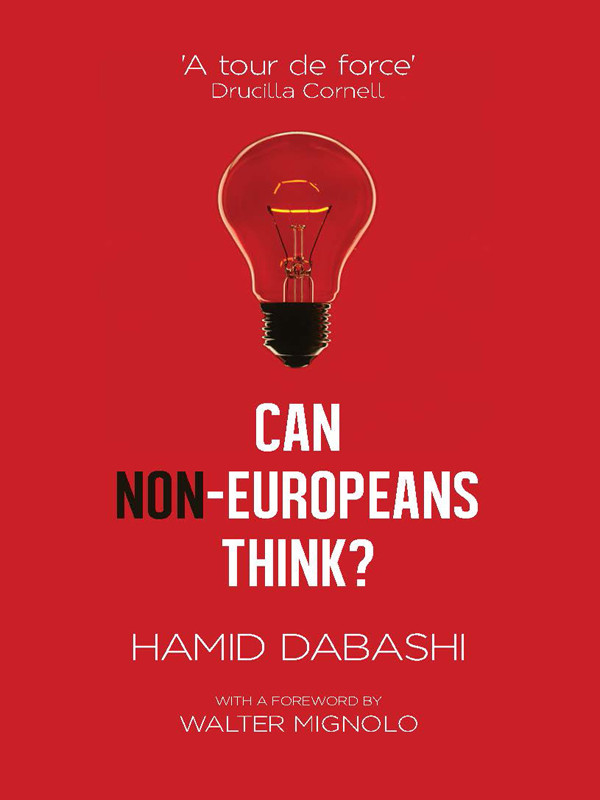

Most ebook files are in PDF format, so you can easily read them using various software such as Foxit Reader or directly on the Google Chrome browser.
Some ebook files are released by publishers in other formats such as .awz, .mobi, .epub, .fb2, etc. You may need to install specific software to read these formats on mobile/PC, such as Calibre.
Please read the tutorial at this link: https://ebookbell.com/faq
We offer FREE conversion to the popular formats you request; however, this may take some time. Therefore, right after payment, please email us, and we will try to provide the service as quickly as possible.
For some exceptional file formats or broken links (if any), please refrain from opening any disputes. Instead, email us first, and we will try to assist within a maximum of 6 hours.
EbookBell Team

0.0
0 reviewsPhilosophy claims to be the search for knowledge, unbound by any fetters. Yet even a cursory analysis of how it is conceived when it exists outside the European tradition reveals a troubling bias. While European philosophy, for example is simply known as “philosophy,” African philosophy is all too often dubbed “ethnophilosophy.” The Western philosophical tradition simply hasn’t acknowledged the vast amount of innovative thought that has flourished outside the European philosophical pedigree—and that has led to awkward, and damaging, failures to properly reckon with the ideas of people like Japan’s Kojin Karatani, Cuba’s Roberto Fernandez Retamar, or even America’s Cornel West.
In Can Non-Europeans Think?, Hamid Dabashi brings together a unique group of historical and theoretical reflections on current affairs and the role of philosophy to argue that, in order to grapple with the problems of humanity today, we must eliminate the ethnographic gaze that infects philosophy and casts Arab and other non-Western thinkers as subordinates.
**